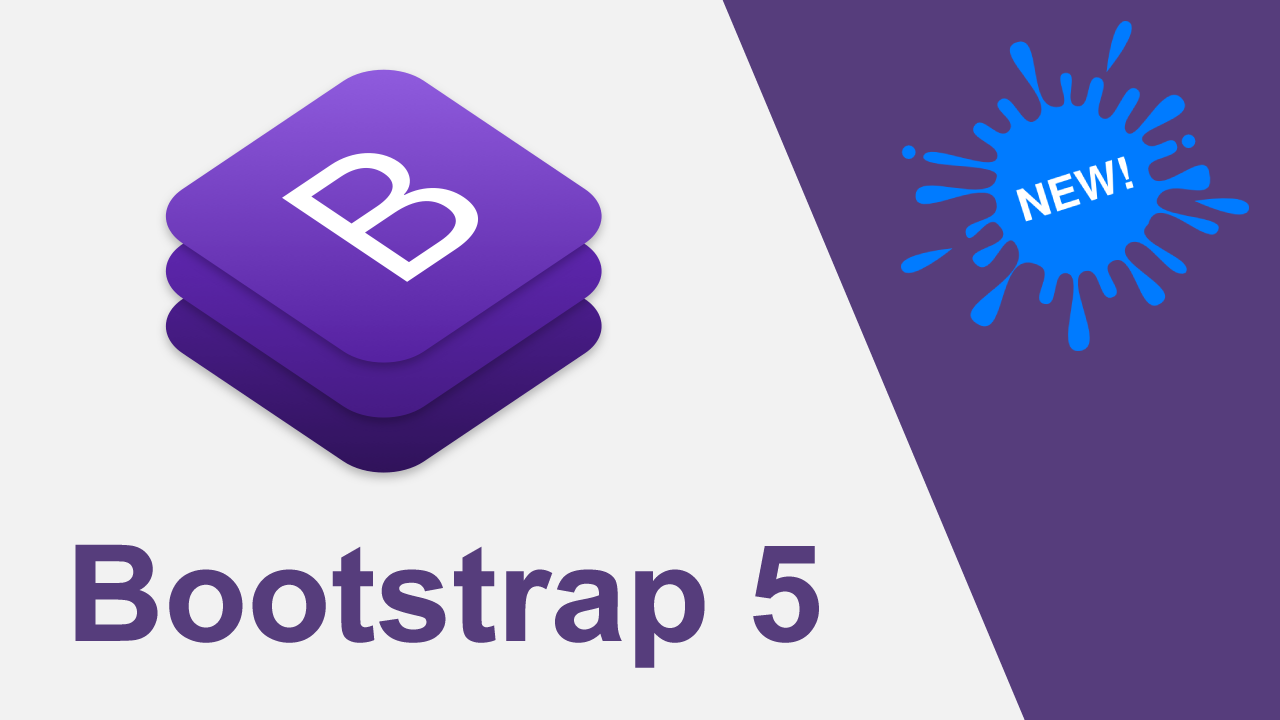Introduction to Bootstrap

Bootstrap is a responsive HTML / CSS framework.
Bootstrap is aglorified CSS style sheet. Within that style sheet, Bootstrap exposes very powerful features of CSS with an easy-to-usesyntax. It being a style sheet, you include it in your project asyou would with any other style sheet that you might developyourself.
Bootstrap is a free and open-source collection of tools for creating websites and web applications.
Bootstrap contains thebasic tools and elements you will need in most of your projects such as:tables, buttons, text and form tools, and secondary: heading, navigation,backgrounds, and more.
Bootstrap saves designers a lot of time and effortwhile designing pages.
Bootstrap is a front end framework, that is, an interface for the user, unlike the server-side code which resides on the "backend" or server.
Bootstrap 5 is the latest version of the Bootstrap framework, formerly known as Twitter Bootstrap. It was built by Twitter for the mobile-first apps.
Why use Bootstrap?
Mobile first approach: Since Bootstrap 3, the framework consists of Mobile first styles throughout the entire library instead of in separate files.
Browser Support: It is supported by all popular browsers.
Easy to get started: With just the knowledge of HTML and CSS anyone can get started with Bootstrap. Also the Bootstrap official site has a good documentation.
Responsive design: Bootstrap's responsive CSS adjusts to Desktops,Tablets and Mobiles.
Save lots of time — You can save lots of time and efforts using the Bootstrap predefined design templates and classes and concentrate on other development work.
Consistent design — All Bootstrap components share the same design templates and styles through a central library, so the design and layout of your web pages will be consistent.
It contains beautiful and functional built-in components which are easy to customize.
What You Can Do with Bootstrap
There are lot more things you can do with Bootstrap.
- You can easily create responsive websites.
- You can quickly create multi-column layout with pre-defined classes.
- You can quickly create different types of form layouts.
- You can quickly create different variation of navigation bar.
- You can easily create components like accordions, modals, etc. without writing any JS code.
- You can easily create dynamic tabs to manage large amount of content.
- You can easily create tooltips and popovers to show hint text.
- You can easily create carousel or image slider to showcase your content.
- You can quickly create different types of alert boxes.